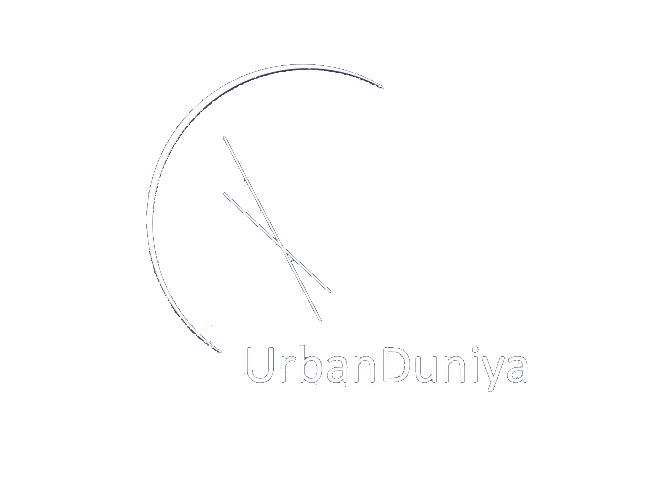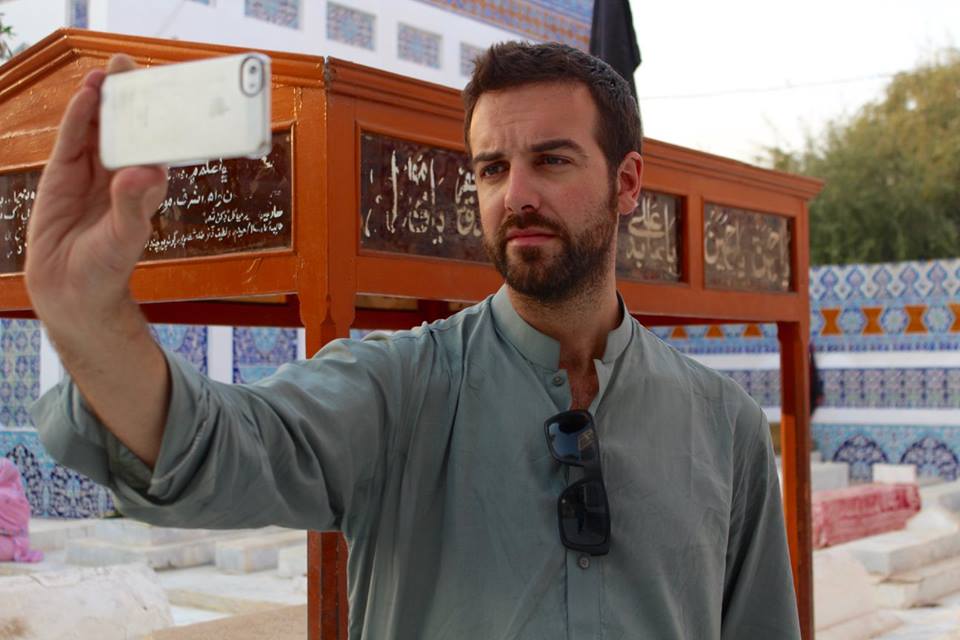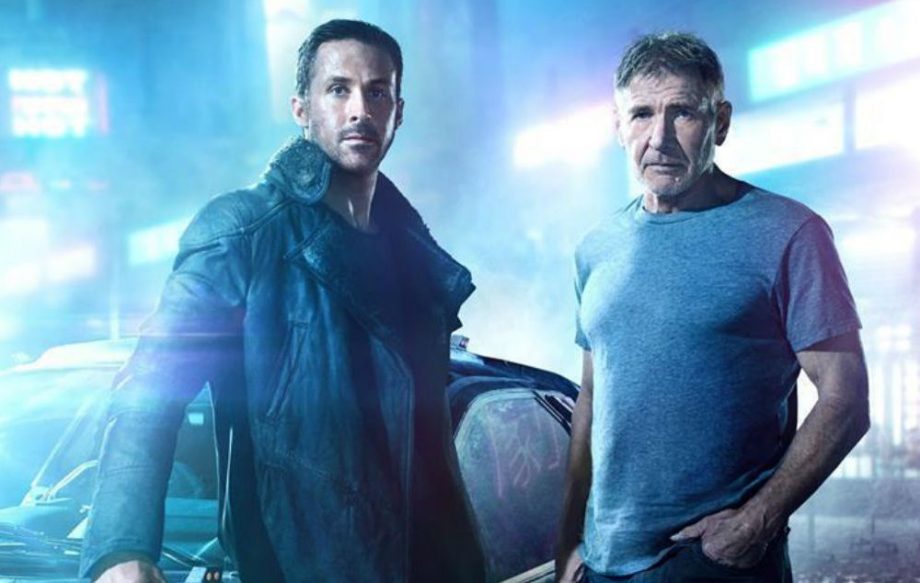We must begin by congratulating the Pakistan People’s Party (PPP) who have have completed the first full five year term of any democratically elected government in Pakistan’s history. This historic milestone must not be tarnished by the otherwise complete incompetence of the Bhutto regime, presiding over five years of growing power outages, expanding terrorist activity, military humiliations, virtual sidelining of the civil society and embarrassingly distracting internal politics. The moral outrage over endemic political corruption tends to fade when one does without electricity for up to half their lives.
Now that elections are in the pipeline, the time has come to choose a successor to Bhutto and his clan of accidental leaders. The other long standing true contender to the position of leader is Nawaz Sharif and his daughter Maryam, who have in the past provided Pakistan with relatively stable governance, but equal doses of cronyism and corruption. The MQM is too muddied by events of the past, while the ANP simply appeal to too small a niche at present.
And into the fray enters one Imran Khan, once a cricketer, playboy, husband of a British socialite, and now bidding for the throne to rule over Pakistan’s four key provinces. Khan’s Pakistan Tehreek-e-Insaf party (PTI, or Pakistan’s Movement for Justice) describes itself as “not merely a political party; it is a broad based movement that embraces the interests of all Pakistanis”. Five months after PTI’s launch in April 1996 the Taliban took power in Kabul, arguably setting the stage for one of Pakistan’s most turbulent periods. Since we have witnessed the Kargil war, the 1999 coup d’état and Musharraf’s subsequent reign, the 2001 attacks in the USA and their repercussions in subcontinental geopolitics, Pakistani military cooperation (or otherwise) in the so-called ‘War on Terror’… the list goes on. Add to this the woes brought on by five whole years of Zardari’s (complete) rule, and it’s easy to see why Pakistan Tehreek-e-Insaf’s popularity has grown exponentially. In many ways, the eighteen years of PTI’s life have been a microcosm of Pakistani history; it has seen Bhutto family rule, Sharif family rule, a military dictatorship, a war with India over Kashmir, political assassinations, sectarian violence, internal instability, conflicting visions for the nation, political and judicial crises, foreign meddling, natural disasters – it’s all there, and in a window of under than two decades, no less. Pakistan’s citizens – and particularly the nation’s swollen youth demographic – is fed up with the status quo. The rapid, if faltering economic progress of the early 2000s has dried up, but the ground is fertile for a resurgence, and people know it. Disenfranchised from the mainstream by a rapid succession of aforementioned governmental shortcomings, young Pakistanis especially are looking for change from outside the regular soap opera of PPP – PMLN shenanigans.
However as Anatol Lieven wrote in his 2011 book Pakistan: A Hard Country, Imran Khan and PTI face an uphill battle if they are to race to power in this year’s elections. Pakistani politics is highly factional and familial, something that Pakistanis know all too well. To break out of the bipolar PPP – PMLN mould would mean to break years of family, community and factional loyalties to the long standing parties. The loyalties trickle down from the political level to the street level, as parties pass benefits along professional relationship lines to families, down to power bases in suburbs and villages, and then from community leaders through local friendship and family lines. For an individual to step out of this is to break out of the normal – a highly rebellious act with potentially negative consequences. However today’s youth of Pakistan are decreasingly bound by the strictures of society, enabled by the internet and other media to connect and share opinions and ideas, and influenced by degrees of individualism which were unthinkable to earlier generations. Derided by conservatives as creeping western ideology, and championed by colonial-minded Westerners, the changing mindset of Pakistan’s youth is undeniably challenging the hegemony of Pakistan’s powers that be.
The key to Imran Khan’s success in this year’s elections will be whether the rest of society are fed-up enough of the situation. Several commentators have compared the current state of Pakistan to that existing in Iran before the 1979 revolution. There, creeping disenchantment with an increasingly heavy-handed and inept government pushed millions to overthrow the US-backed shah, a dramatic event described by Robin Wright as “the last great revolution of the Modern Era”. However pre-revolutionary Iran differed from contemporary Pakistan in several ways – not least of all, in the form of government. The fact that Pakistan is planning elections at all is testament to the fact that the Pakistani people aren’t politically gagged the way Iranians were. As Mohammed Ahmad correctly points out in a recent opinion piece for The Daily Times, all of the Iranian people’s grievances were channelled into the one fiery outlet still available – the clergy. Pakistan’s current landscape is vastly different, with various political parties of varying degrees of quality and integrity, and of course an expanded media for people to vent. For that reason alone, revolution in Pakistan is not imminent. However change may be. With a liberalised media, there is potential for today’s complaints to disappear up into the ether, or to be converted into a real and meaningful political movement. Much of that depends on the older generations breaking out of their social, political and familial moulds. Therefore election day will be a barometer of discontentment with the current situation – are people fed up enough to act out, and just once change their vote? Or, in other words, have we had enough? Is Pakistan ready for Imran Khan?
To see this page as simple, one-eyed support for PTI is to miss the point. Admittedly, whether Imran Khan and his force for justice will be able to actually change anything remains to be seen, and PTI’s policies require much more extensive analysis, far beyond the scope of this piece. However if PTI is elected, or even if they come close, it will mark the second great event for Pakistani politics this year. It will be a revolution of sorts because it will interrupt the decades of Bhutto – Sharif dichotomy. Most importantly it would bring hope to Pakistan’s politics and people, and hope is one thing that has seriously dwindled in the past eighteen years in this great country.




An excellent article. Well written and balanced. If America can keep their nose out of it (and stop wanting people to live the way they do – and why would anyone want to anyway) Pakistan might stand a chance.
Is imran khan ready for Pakistan ???????
He did not understand the local dynamics and had to surrender his “no jawan qayadat ” for the same old Paerviaz khatak in KPK … Is he ready ???
He was looking for a clean sweap in Pakistan and was banking at the new voters and according to gallup “37 % of 18 to 24 years old voted for PML (N) and only 27 % for PTI “, he had his whole election campaign targeted at this age group , do you think he is ready ??
My question Is he ready for Pakistan ?????
Good points you made… It is certainly interesting to see these statistics, because it is a similar picture for the rural/urban divide, where he banked so much on the urban vote but so many voters live outside the ‘big 4’ cities…